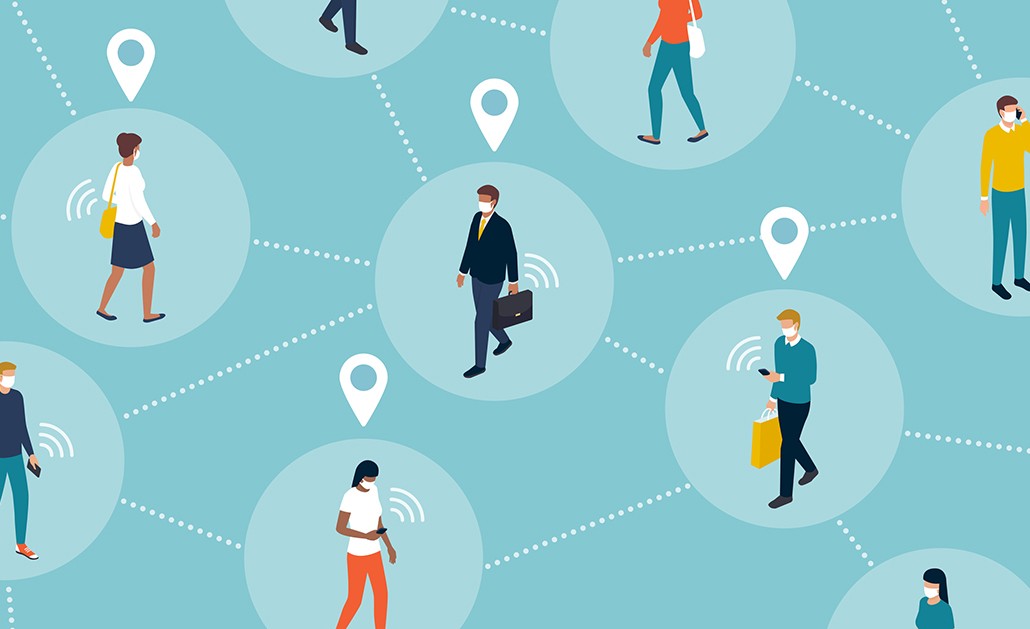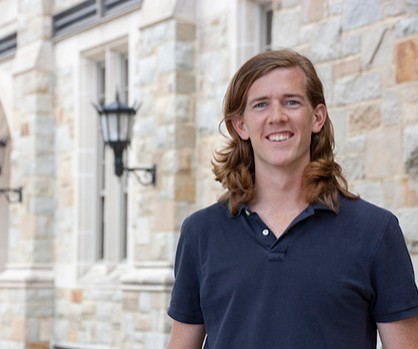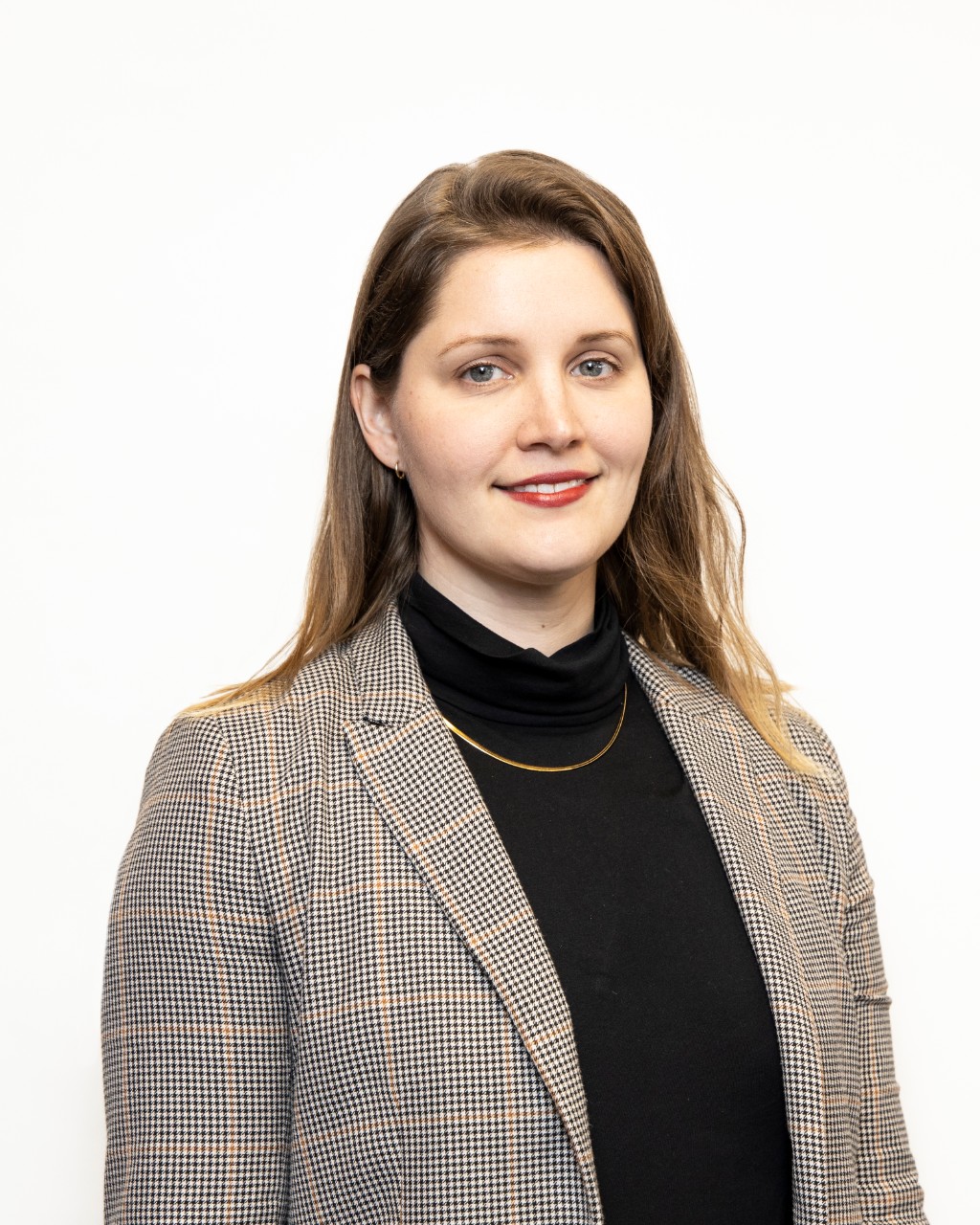
Partners in Health hired public health workers to track down people in Massachusetts who have been exposed to the coronavirus and help them isolate. Illustration by iStock.
For the past few months, recent graduates Kevin O’Brien and Dory Dinoto have helped hundreds of people cope with the effects of COVID-19.
As a care resource coordinator for the Massachusetts Community Tracing Collaborative, O’Brien has connected people to food pantries, unemployment programs, and delivery services that provide medicine, masks, and cleaning supplies.
Some clients, whose lives have been upended by the pandemic, have shared their personal stories with O’Brien over the phone. One single mother, for example, told him that COVID-19 forced her out of work and made her leave her two young children with her sister while she recovered from the virus.
“So often, the issues facing people during this especially difficult time are ones they have already been fighting for some time but are exacerbated due to the disruption of their schedules, income, and community support systems,” says O’Brien, who received his master’s degree from the Boston College School of Social Work in May. “It has been an honor to have people invite me into their lives.”

Kevin O'Brien
O’Brien and Dinoto were among 1,900 public health workers in Massachusetts hired by Partners in Health, the renowned global health nonprofit, to track down people in the state who have been exposed to the coronavirus and help them isolate.
Gov. Charlie Baker recently announced that Massachusetts has scaled back its partnership with the nonprofit because the pandemic has eased in the state, where the rate of positive cases has held at or below 2 percent since mid-June. But many hires have continued to help clients find the resources they need to overcome the pandemic from health, financial, and legal perspectives.
“Working with the Partners in Health’s Community Tracing Collaborative has provided an excellent opportunity to be on the frontlines of response to something that has completely uprooted daily life for our whole country,” says O’Brien. “Nowhere else in the country is there an approach as comprehensive.”
Dinoto agreed. As a contact tracer who worked for the collaborative from April to June, Dinoto informed hundreds of people that they had been exposed to the coronavirus and kept in touch with them to ensure that they had the resources they needed if they fell ill. She helped them find free testing centers, made sure they had the information they needed to get tested, and identified resources they required to remain in quarantine, such as food, social support, and letters from their doctors to their employers. In some cases, Dinoto referred clients to a care resource coordinator like O’Brien, who followed up.
“The work I did was making sure that people had the resources that they needed to successfully remain in quarantine, guiding them through what to do in cases where they did not, and checking in if family members became sick or required hospitalization,” says Dinoto, who graduated from the School of Social Work in May.

Dory Dinoto
The coronavirus pandemic has highlighted the racial and economic inequalities found in communities across the United States. Data compiled by The New York Times shows that COVID-19 has disproportionately affected Black and Latinx people across the country and across all age groups.
Some Latinx people, for example, live in close quarters, making it hard to practice physical distancing, and work in jobs considered essential under stay-at-home advisories issued by governors across the country. The Economic Policy Institute, a nonprofit thinktank, found that only 16.2 percent of Latinx people can work from home, raising their risk of becoming infected on the job.
“One thing that was immediately apparent in this job is how this pandemic is affecting those who are already socially and economically vulnerable,” says Dinoto. “I would say that the majority of cases that I worked with in the past few months have been essential workers and healthcare workers, people who are out on the front lines of the pandemic and for whom quarantining or isolating at home comes with added complications.”
Dinoto often found herself thinking about her dad, who drove a truck for a living and would have been considered an essential worker. “I was both grateful to be of service, but also frustrated on a daily basis because of the stories that I heard from the people that are getting sick, understanding that there is still so much more that has to be done to truly protect people from this virus.”
O’Brien and Dinoto credit Maryanne Loughry, a part-time faculty member in the School of Social Work, with teaching them how to connect with people whose lives have been turned upside down by the pandemic. They say Loughry taught them the principles of psychological first aid, a technique designed to assess the immediate needs of individuals in the aftermath of a disaster like the coronavirus.
“I feel more passionate about the importance of public health than ever before,” says O’Brien. “Social workers are called to be part of the solution, and it's necessary we work to bridge the structural and systemic injustices this pandemic has laid bare for us. We’ve got work to do.”

